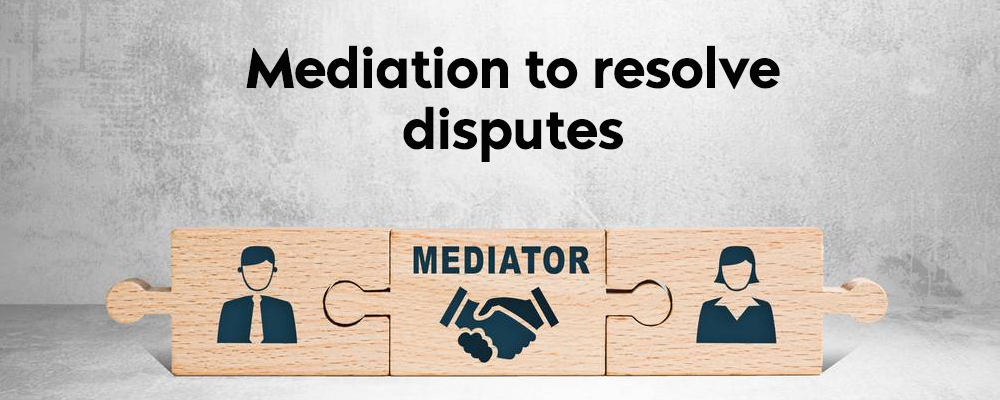Family disputes involve emotions and sentiments hence, mere legal, technical and procedural rules will not suffice. Communication with the concerned parties shall always be the first and foremost step in family disputes. Responsibility of investing time in understanding nuances of dispute lies with the mediator. Mediation does not require lawyers to be present.
Ideal Forum
Confidentiality elements in the proceedings make this forum an ideal place for discussion in family matters. In Moti Ram (D) Tr. Lrs. V. Ashok Kumar & Anr.,it was held, “the Courts also stated that the mediators during submission of mediation report to the Court must not disclose transcripts of the proceedings.
Need A Legal Advice
The internet is not a lawyer and neither are you. Talk to a real lawyer about your legal issue

Provision of Laws
Below are the relevant provisions
Section 89 of CPC, 1908
This gives Civil Courts unfettered discretion to refer cases to alternate ways of dispute resolution and courts can make references to: i.) arbitration ii.) Lok Adalat iii.) any other institution of judicial settlement iv.) mediation to affect compromise
Section 9 Family Courts Act
This section gives inherent powers to Family Courts to endeavour towards settlement of disputes. They assist and persuade parties for settlement of disputes and even if slight chances are there for compromise the statute encourages reference to mediation proceedings.
Section 23 of Hindu Marriage Act
It talks about grant of divorce decree in matrimonial cases and court is required to make every effort towards reconciliation between the spouses, court has full discretion to refer the case to mediation either appointed by the court or by the parties themselves.
Role of mediator in family mediation
- Facilitation communication between parties so that resolution can be reached.
- Briefing parties about the mediation process and address the issues and principles to consider.
- Mediator must listen carefully to both the parties before concluding.
- Must handle the situation impartially and he or she shall not be biassed
- Shall keep the information confidential and maintain the process of mediation.
Improvements required
- Mediators shall be given timely training to effectively contribute process of mediation
- Where mediation is possible, lawyers shall refer the case for mediation rather than giving financial interest.
- Lawyers, students and judges shall enthusiastically participate in mediation trainings
- Non governmental organisations should promote mediation and spread awareness among marginalised sections of society.
These days people are slowly preferring the way of mediation for the resolution of disputes. Even companies and other organisations find this as the best way to resolve the dispute. Mediation plays a vital role as it helps to maintain the confidentiality of information. Mediator tries to negotiate and helps the parties to reach a successful discussion.





 Talk to a Lawyer
Talk to a Lawyer